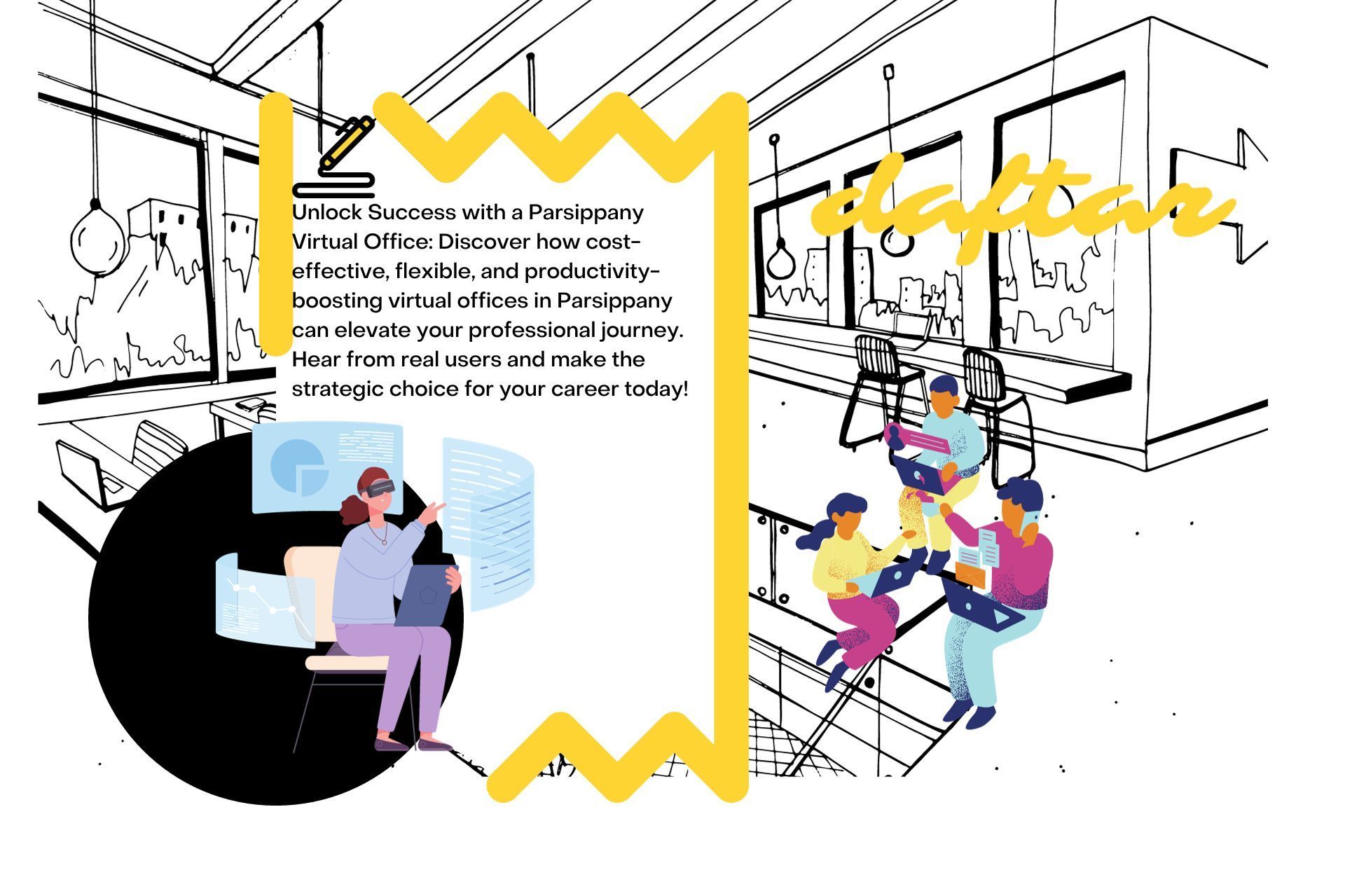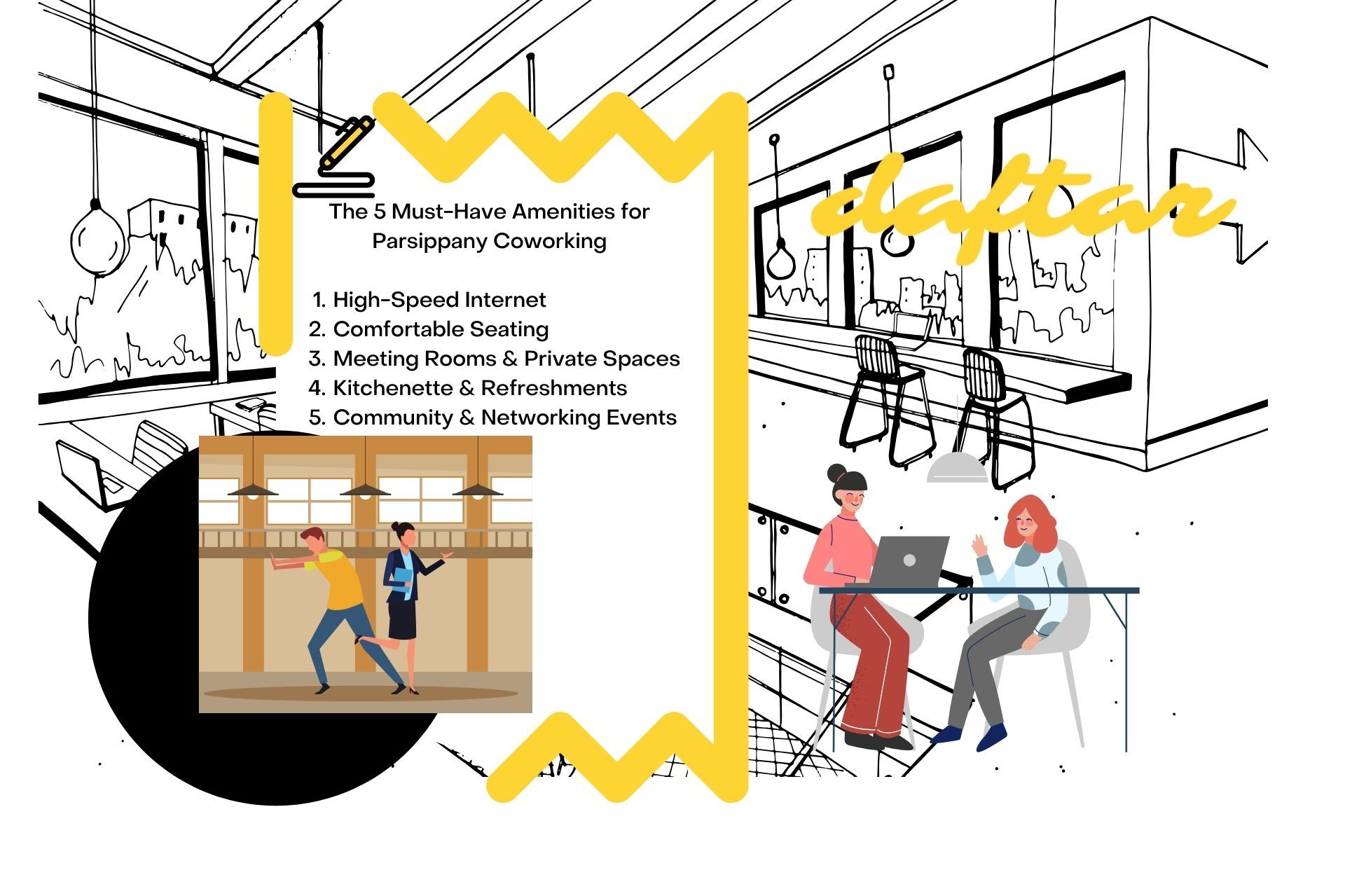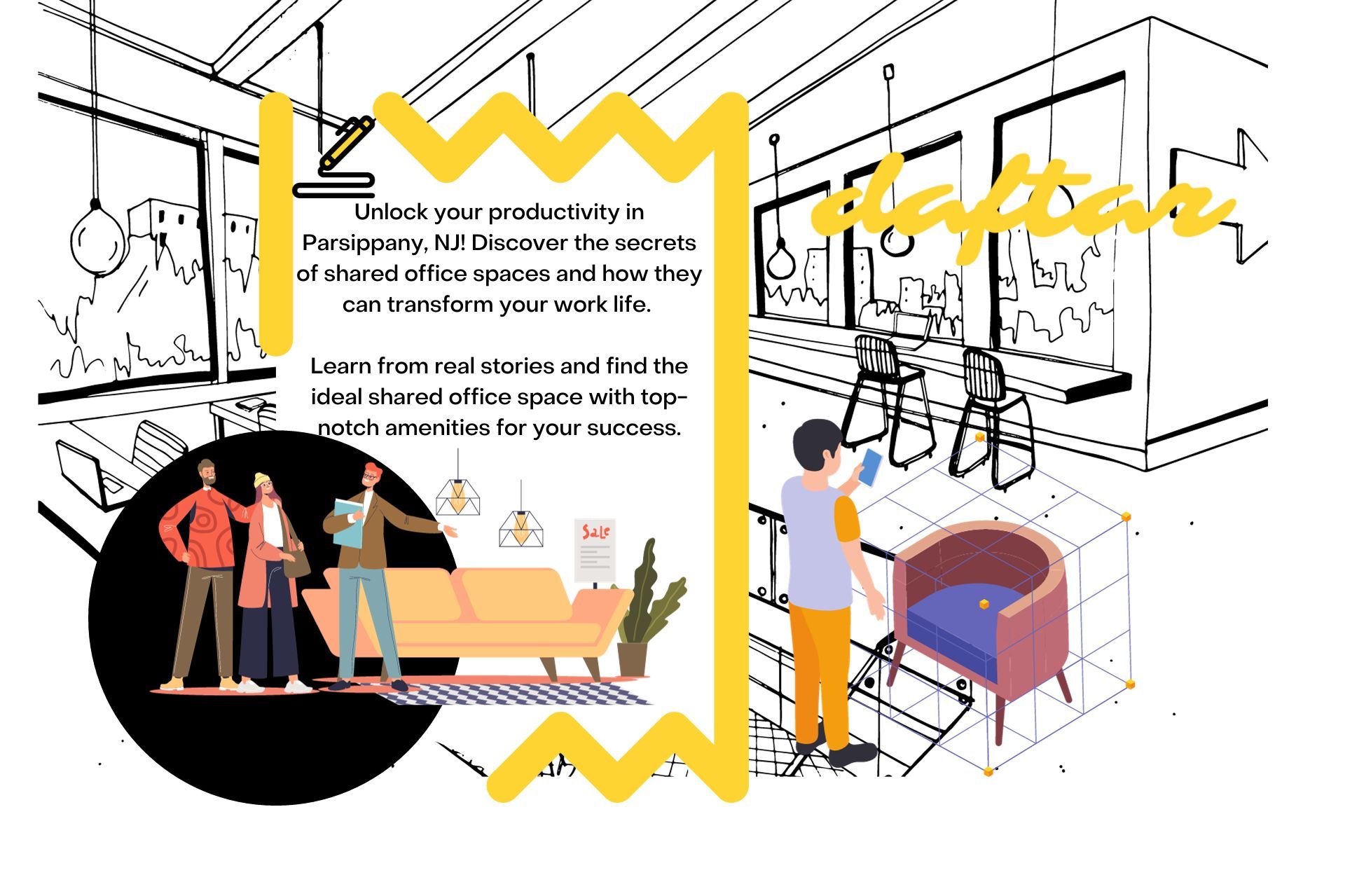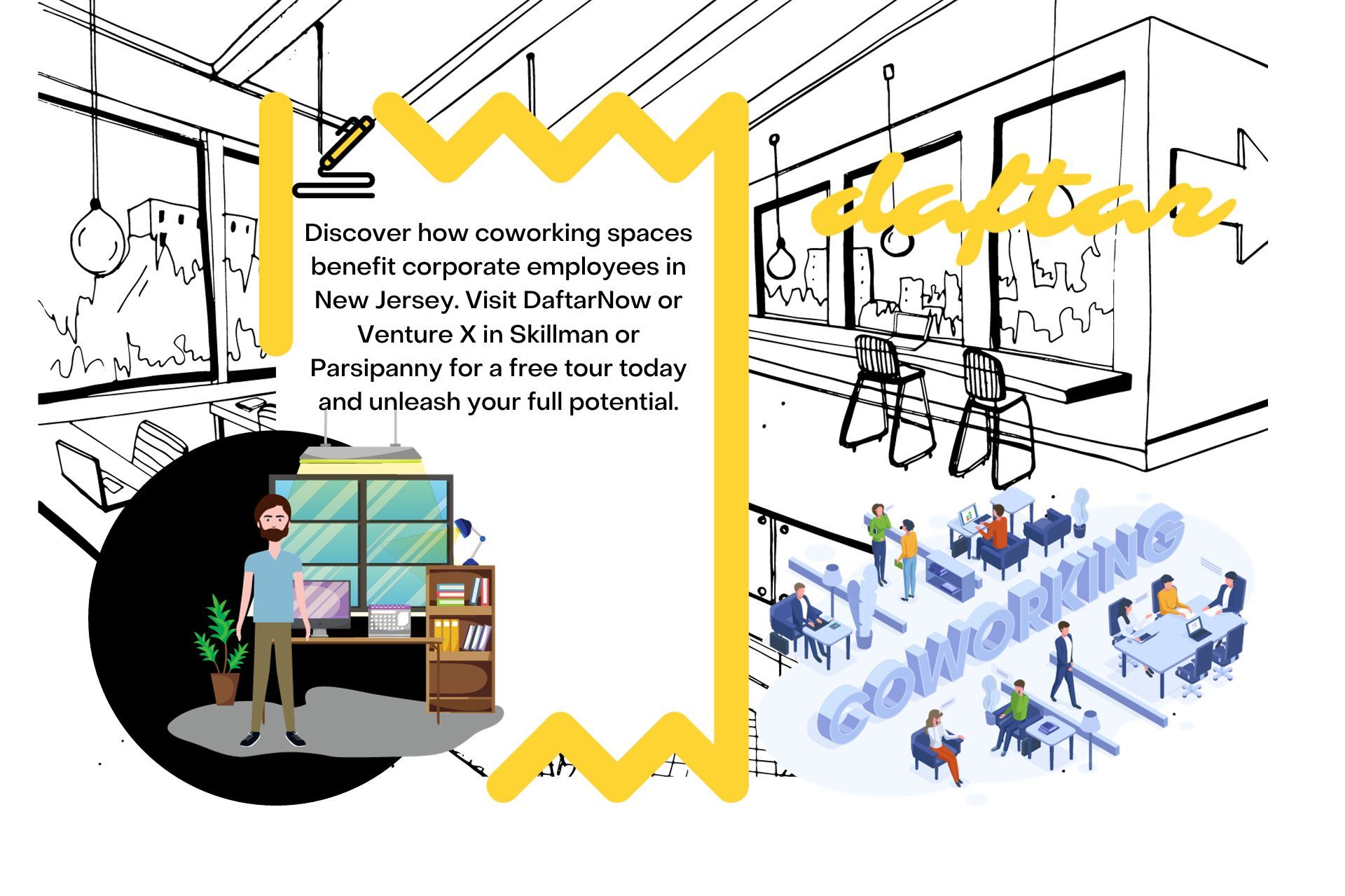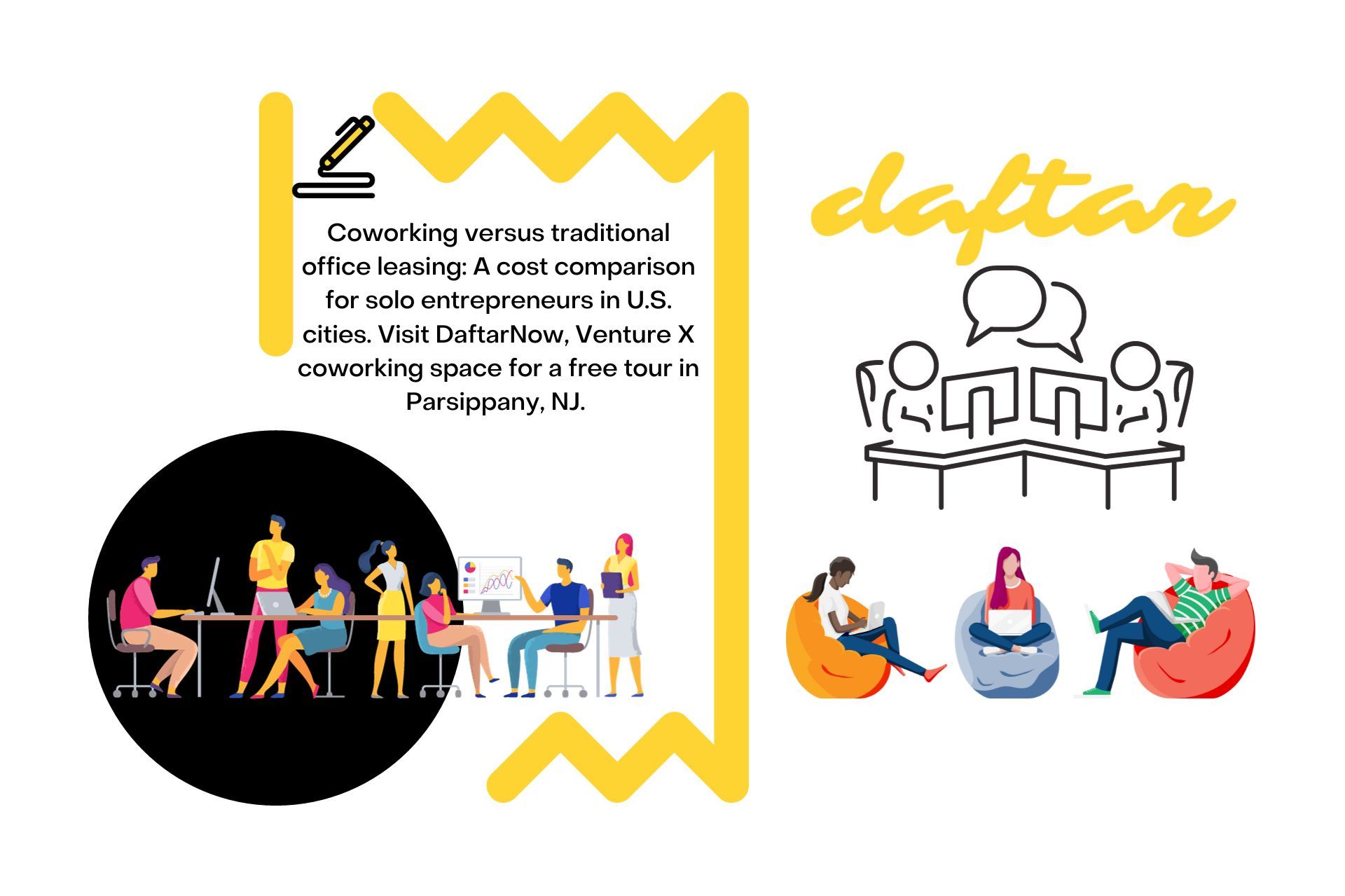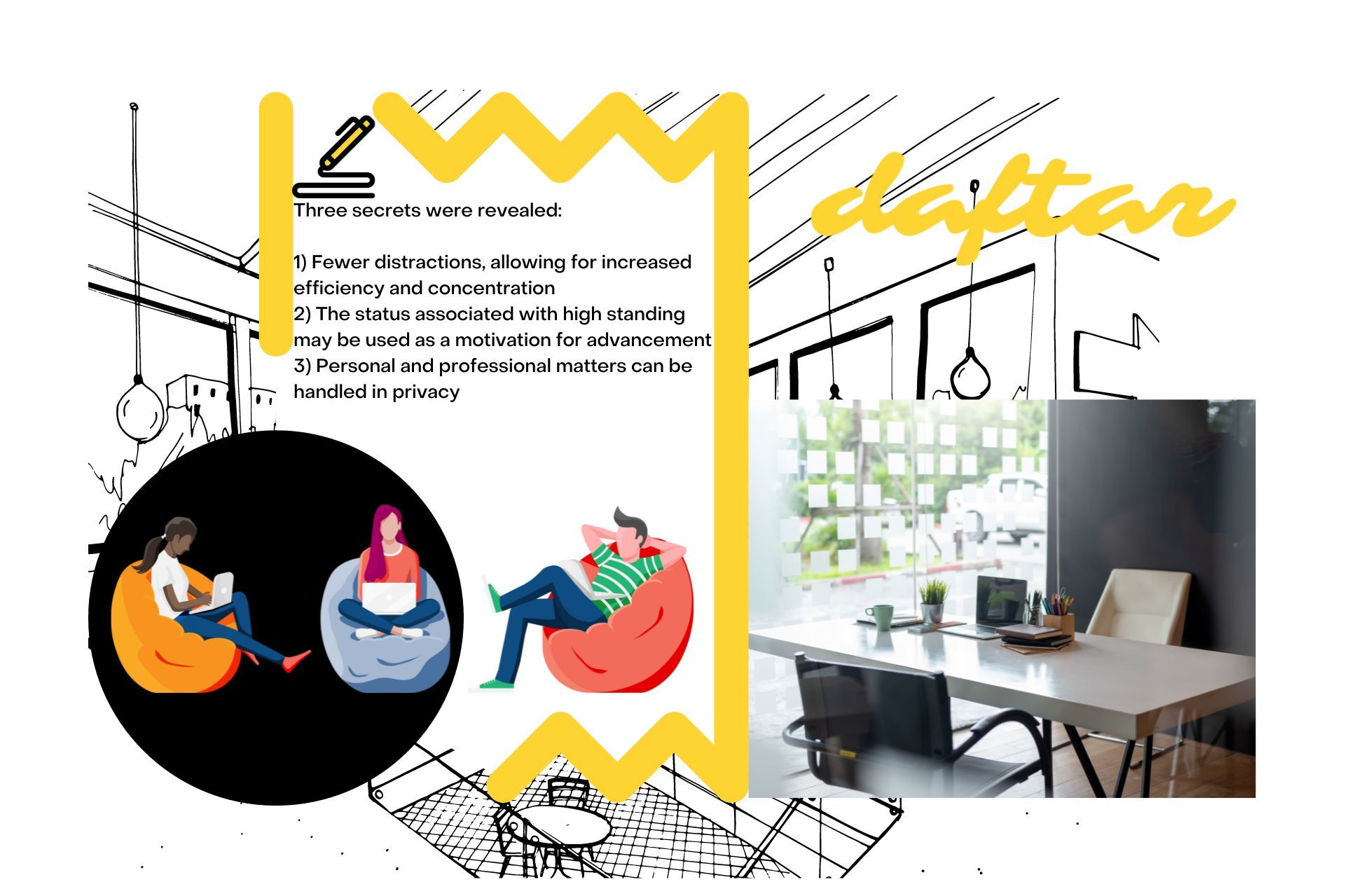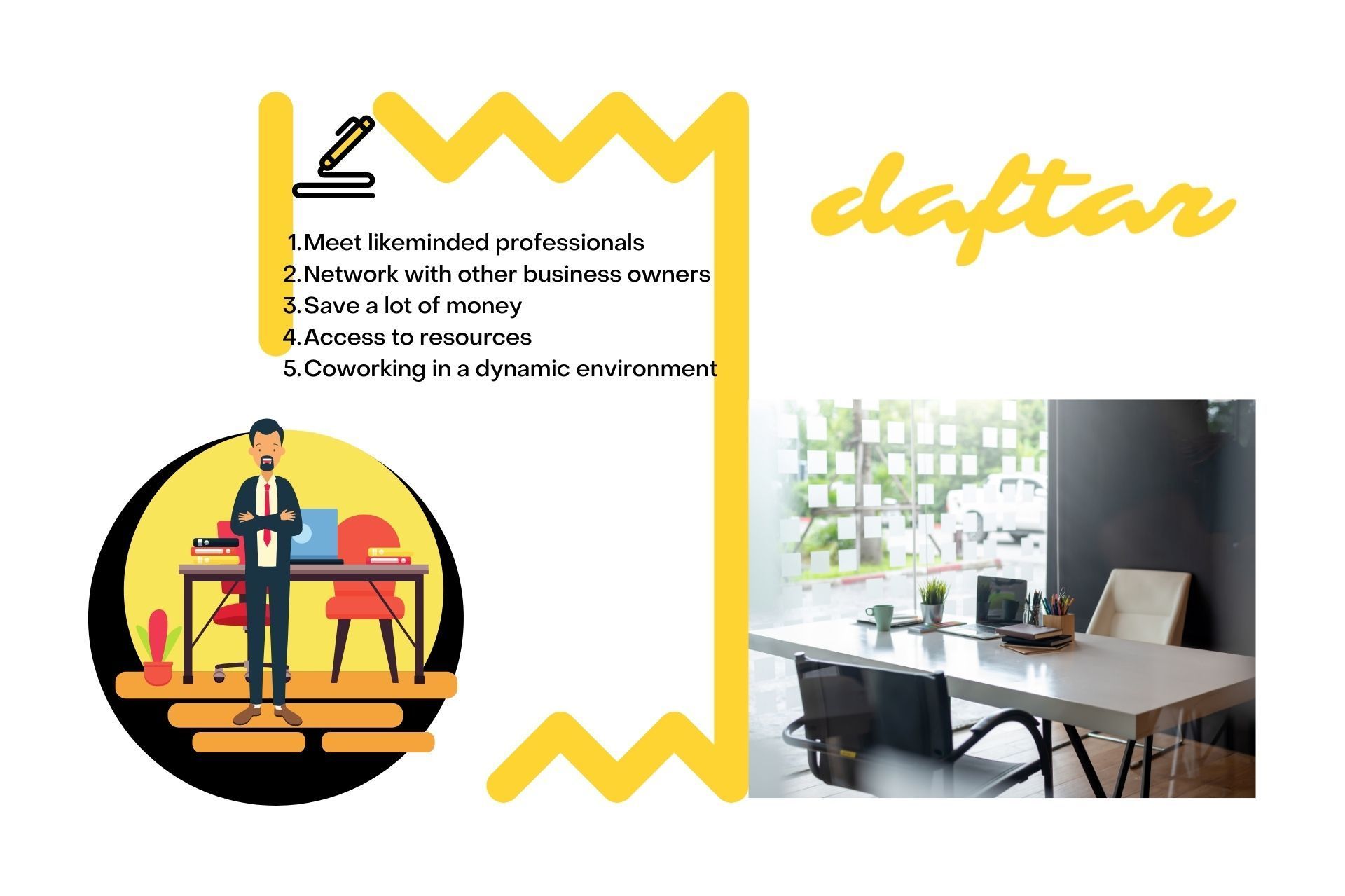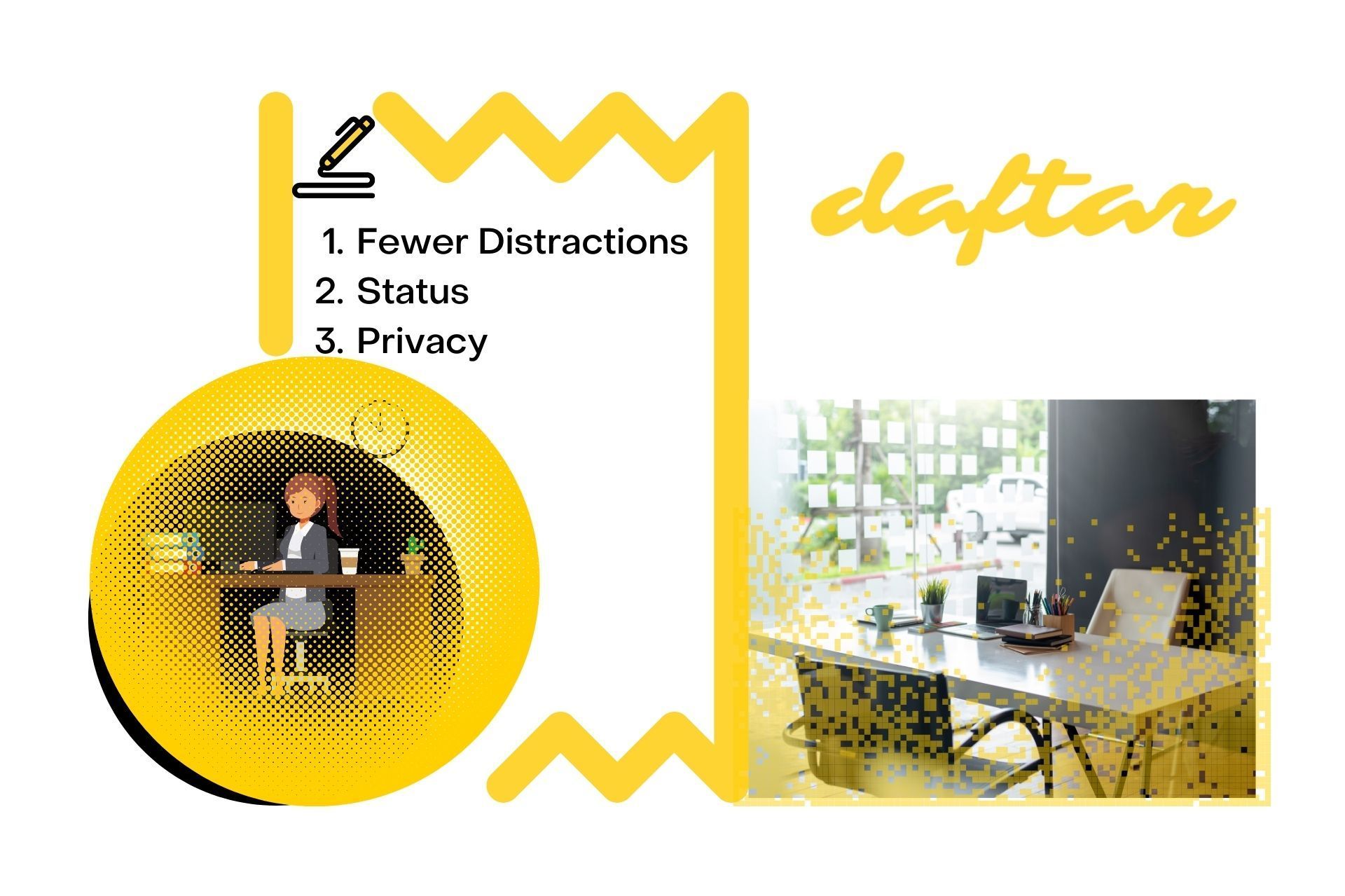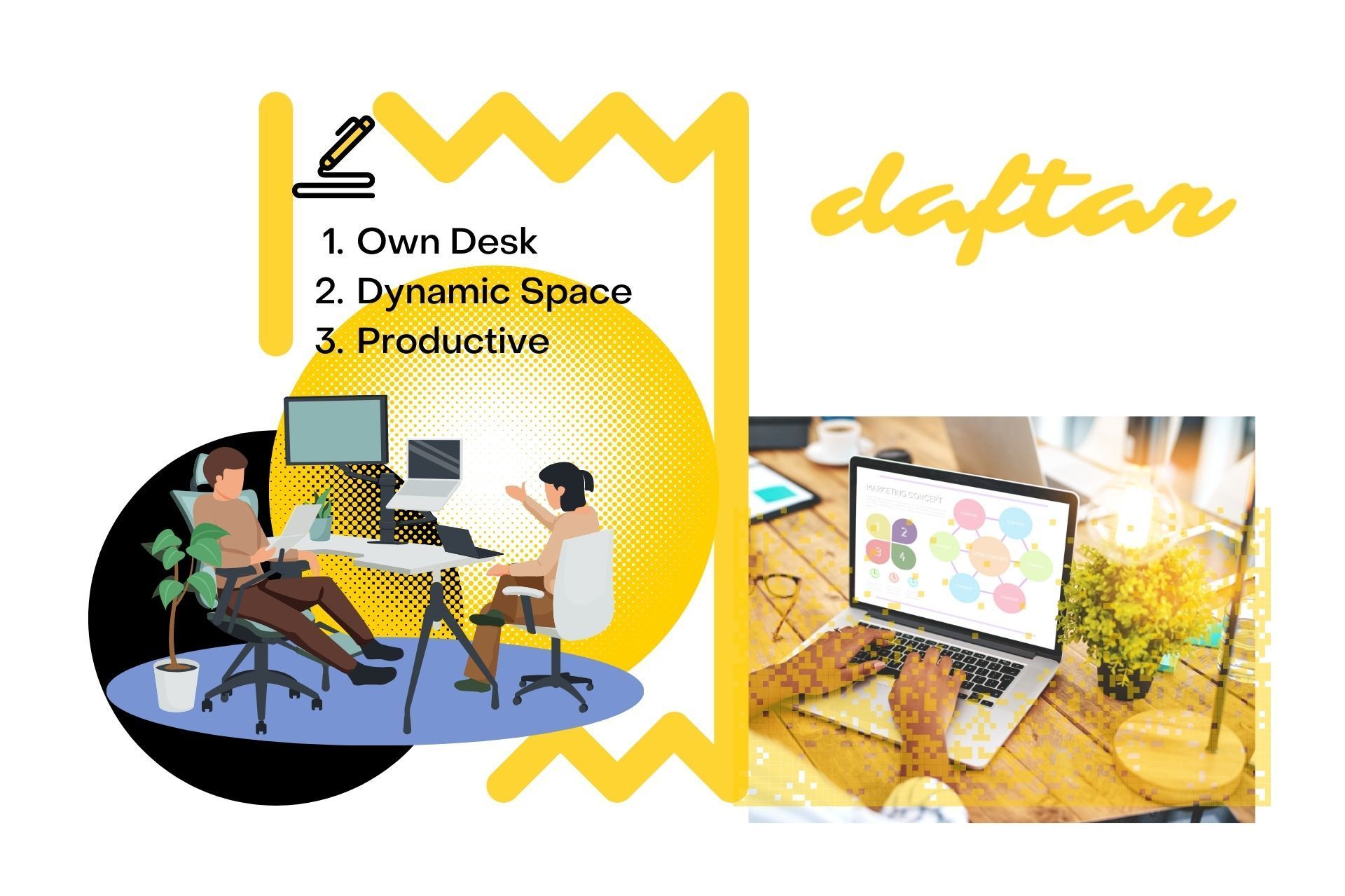The Future Of Knowledge Work

Knowledge workers are the future of work. They play a critical role in driving innovation, productivity, and economic growth around the world.
As technology advances and business models evolve, knowledge workers need to stay ahead of the curve to ensure their success.
This article will explore five trends that are shaping the future of knowledge work and provide insight into how knowledge workers can prepare for future challenges.
We'll also discuss how organizations can better equip their teams to stay ahead of the competition and ensure success in an increasingly digital future.
With these trends in mind, get ready to see what the future of knowledge work holds!
1. Increased Remote Work
The continued expansion of digital technology has enabled more and more knowledge workers to work remotely, allowing them to work from anywhere with a reliable internet connection. 16% of the global workforce work remotely.
In the United States, 22% of the workforce (36.2 Million Americans) will work remotely by 2025. Gartner estimated more than half of the total remote workforce is described as knowledge workers.
This shift in work styles has made it easier for knowledge workers to find ways to balance their personal and professional lives, while also enabling organizations to access a wider range of talent regardless of geographic boundaries.
Most In-Demand Knowledge Workers in 2030
According to Gartner, the future of knowledge work will be dominated by data science, artificial intelligence, and machine learning specialists.
The demand for these roles is expected to grow exponentially as organizations realize the potential benefits that come with utilizing AI-driven solutions.
Demand for other roles such as robotic process automation engineers and business analytics professionals is expected to expand significantly as well.
Here is the top list of 15 knowledge workers in current and future demand:
1. Machine Learning and Artificial Intelligence
2. Data Analysis and Visualization
3. Automation and Robotics
4. Cybersecurity Experts
5. UX/UI Designers
6. Cloud Computing Specialists
7. Business Analysts
8. Project Managers
9. Blockchain Developers
10. Sales and Marketing Professionals
11. Content Creators
12. Web Developers
13. Network Engineers
14. Mobile App Developers
15. Digital Transformation Specialists
After revealing this list, let's go over the role of AI or automation as part of the knowledge workforce and how it will shape future trends in work.
2. Automation
More and more tasks traditionally done by knowledge workers are being automated, which can free up time for knowledge workers to focus on areas where humans are still better suited than machines.
There are five primary ways in which AI assists knowledge workers:
- Automation of repetitive tasks.
- Exploratory data analysis.
- Finding anomalies in large datasets.
- Image recognition.
- Text and voice analytics.
AI or artificial intelligence is also enabling knowledge workers to make more informed decisions by providing instant access to vast amounts of data without manual effort. With it, organizations can quickly identify trends, develop better products and services, and streamline processes.
The future of knowledge work will be heavily influenced by automation, and understanding the potential opportunities it provides is essential for future success.
Needless to say, AI will be conversational by 2030, allowing knowledge workers to interact with machines in a more natural way. This will enable faster decision-making, enhanced customer experience, and greater efficiency in the future of work.
This trend will trigger a new skill set and the demand for specializations.
3. Increased Specialization
With increased automation freeing up time and more remote opportunities, knowledge workers are increasingly focusing on becoming experts in their fields by further specializing in specific areas of expertise.
Organizations are recognizing the need for more specialized knowledge workers to take on challenging tasks. For instance, a data scientist who specializes in machine learning can use AI and predictive analytics to generate insights that would otherwise be unattainable with traditional methods.
Knowledge workers will also increasingly become “ unicorns”— individuals possessing a combination of skills that are in high demand. For instance, a knowledge worker with expertise in web development, UX design, and content creation will be highly sought after for future projects.
10 ways to get you prepared for the future of knowledge work:
1. Develop a strong business understanding.
2. Become an expert in your field.
3. Keep up with technology trends.
4. Learn how to analyze data.
5. Focus on learning new skills.
6. Be future-focused and think long-term.
7. Improve communication skills.
8. Take advantage of remote work.
9. Develop a network and collaborate with others.
10. Prioritize problem-solving skills.
The future of knowledge work is looking bright and those who are prepared to embrace the future will be rewarded handsomely.
Knowledge workers must focus on developing the right skills, staying ahead of the curve, and working smarter, not harder.
As the future of work is ever-evolving, knowledge workers should be more informed and future-ready to keep up with changing trends.
The future of knowledge work will require higher levels of agility and adaptability to remain relevant in an increasingly competitive world.
With these tips in mind, future knowledge workers can be prepared and ready to take on the future of work.
Final take, the future of work will be greatly influenced by the emergence of AI-driven solutions and increased specialization among knowledge workers.
Businesses must stay ahead of the curve by investing in future technology and recognizing the need for highly specialized knowledge workers. Doing so will ensure future success.
4. Collaboration
Knowledge workers will increasingly need to collaborate with others who have different skill sets to solve complex problems.
Organizations are increasingly seeking out team players who can work together and leverage the strengths of each member to create innovative solutions.
Collaboration is essential for future success as it allows teams to think outside the box, come up with new ideas, and increase productivity.
It's also important for future knowledge workers to develop strong communication and social skills, as these are essential for successful collaboration.
By working together, future knowledge workers can share their expertise and take on more challenging tasks to create truly innovative solutions.
Virtual collaboration tools will gain popularity by 2030, with knowledge workers from all over the world coming together to work on projects.
These tools will help remote teams work together and increase productivity, improve communication and connection, and share information quickly and securely.
A typical virtual remote team collaboration will look like this:
- The team leader will lead the project and assign tasks to members based on their skill set.
- Each member will be able to access all of the necessary resources for their assigned task, including virtual workstations, communication platforms, and shared files.
- Progress can be tracked in real time and feedback can be provided to help the team reach its goals.
- The team can hold virtual meetings and use instant messaging or other collaboration tools to stay connected throughout the project timeline.
By using these methods, future knowledge workers will be able to effectively collaborate with others remotely and achieve greater success in their work.
A futuristic collaboration tool that can create solutions for virtual coworking spaces. This will be especially beneficial for distributed teams who often have to work on projects remotely. The software would allow these remote teammates to feel as if they are working together in an office space.
A virtual co-working space can bring together all of the currently segmented tools into one platform. This concept is a hybrid model where teams can also be members of a physical co-working space.
This would allow people to break out of the monotony that comes with working from home, and they would get all of the benefits that come with being in a co-working space- like meeting new professionals with similar interests and networking.
And for our last trend, we see interdisciplinary thinking as a skill to own if you want to succeed working in the future.
5. Interdisciplinary Thinking
As the need for collaboration increases, knowledge workers will be expected to have an understanding of multiple disciplines and how they interact with each other.
Having a deep understanding of different fields will help future knowledge workers to think more holistically and come up with creative solutions.
Businesses can also benefit from this type of thinking as it allows them to bring together different areas of expertise to create innovative products and services.
When you engage in interdisciplinary thinking, you're effectively joining different sets of knowledge together to develop unique perspectives and gain a better comprehension of difficult problems.
It is a skill that future knowledge workers need to develop to remain competitive in an ever-changing business world.
This trend indicates that, in the future, work will require employees to be more cooperative, creative, and outside-the-box thinkers to be successful.
Needless to say, the future is now, and those in the know must take up the challenge to be key players in the business. With creativity and expertise, knowledge workers can have a huge impact on businesses, shaping the way we work well into the future.
Other fun facts about the future of work
Technology is always changing, and the workplace is no exception. By being open to new technologies and approaches, we can become integral parts of any organization. So let's get excited for the future of work!
The following are the 10 forecasted trends for the future of work, specifically within knowledge-based jobs:
1. Virtual collaboration tools will become more popular and widespread by 2030.
2. Remote teams will be able to work together, no matter where they are located geographically.
3. Communication and connection between team members will be improved with the help of virtual collaboration tools.
4. Progress tracking and real-time feedback can be provided to enhance team collaboration.
5. Co-working spaces in the future will offer a hybrid model of virtual and physical co-working capabilities.
6. Interdisciplinary thinking skills will become essential for future knowledge workers to remain competitive in the business world.
7. Artificial Intelligence (AI) will become more prevalent in the workplace and will automate more tedious tasks.
8. Automation of simple processes will free up time for knowledge workers to focus on critical thinking and problem-solving activities.
9. Big data analytics can be used in decision-making by organizations to gain a competitive edge.
10. Knowledge sharing will become more common, allowing future knowledge workers to stay up-to-date with the latest technologies.
Now, let's go over some statistics that will make you go ahaaa!
Future of Work Statistics Revealed
In the United States, the way we work is changing, and these changes will only become more prominent in 2030. The future of work centers around three main components: gig work, remote work, and automation.
For example, up to 50% of US workers will be freelancers, and up to 47% of jobs may be eliminated by AI.
Despite the challenges, US companies and workers have what they need to succeed. There has been negative publicity and worried workers, but the job market will grow by 8.3 million jobs between 2021-2031.
The future of work centers around three major staples: gig work, remote work, and automation. Here are some specifics about these factors:
- Gig work. An uprising of freelancers has been seen in recent years as people desire the independence that comes with "being their own boss." Similarly, companies like the idea of not having to provide benefits for full-time employees. Studies show that by 2030, half of America may be working freelance jobs.
- Remote work. Given that remote work is usually more productive and provides employees with a healthier work-life balance, it's no surprise that the pandemic has caused many workers to reevaluate their desire to return to the office. 74% of companies plan to implement hybrid work models to accommodate these concerns.
- Automation. AI's assistance in the workplace will become increasingly more important as time goes on, especially with modern jobs. Many positions that exist today will be completely replaced by 2030 because of how AI is used to do the bulk of its work. Out of all United States jobs, 60% will have at least 30% automated activities done by machines rather than humans by 2030.
The best way to prepare for the future of work is to understand current trends and use them to your advantage. For example, here are several ways you can make the best out of trends:
- Embrace innovation. Technology has come a long way, and the majority of employees (up to 75%) agree that these new advancements have only made their lives easier in the workplace. If you're looking for successful businesses invest time into research and development to ensure they are always ahead of the curve; not just because it will make them more money but because their workers will be happier too.
- Create new training programs. Technology is always changing, so it's key to properly train your team members - both new and old. By having a comprehensive training program, you make sure everyone is on the same page and can work together efficiently.
- Having an adaptable vision. When new technologies or methods of working start to become popular, some companies' visions and goals get challenged. Instead of resisting these changes, try to figure out how you can incorporate them into what you're already trying to achieve.
- Valuing your employees and AI. Both humans and AI are essential in the workplace - ditching one or the other can be disastrous. Instead, employers should find where they can work together most efficiently.
Conclusion
At the end of the day, knowledge workers are essential to the future of work in many ways.
Companies must embrace innovation and create new training programs, while also having an adaptable vision that values both humans and AI.
With these steps in place, companies can make sure they're future-proofed from potential changes or challenges that come with the future of work.
To be successful, employers need to understand current trends and use them to their advantage while also thinking ahead. Adapting quickly to future shifts in the workforce will ensure that companies stay relevant and keep building toward a better future.
By cultivating these skills, knowledge workers can ensure that their professional career is secure and have all the tools necessary to be successful.
Despite automation, the future of job growth is still positive. Despite eliminating over 70 million jobs, AI will also produce at least 59 million new jobs. That, combined with other factors, leads experts to believe that total employment in the US will grow by 8.3 million jobs between 2021-2031. Source zippia.com
- 50% of the US workforce may be Freelancers by 2030.
- By 2030, 60% of US jobs will have at least 30% of their activities automated.
- There are 3 million industrial robots operating globally.
- 52% of employees say the pandemic made them question the purpose of their day-to-day jobs.
- AI stands to generate 58 million new jobs by 2030.
- 14% of the global workforce may need to change job categories by 2030.
- 37% of Americans are worried about automation displacing them from their jobs.
- 77% of young workers are willing to learn new skills or retrain to stay employable.
Office
Join us - Book a free tour
Best updates on the future of work
Contact Us
We will get back to you as soon as possible.
Please try again later.
All Rights Reserved | DaftarNow - Operating VENTURE X FRANCHISE | Privacy
